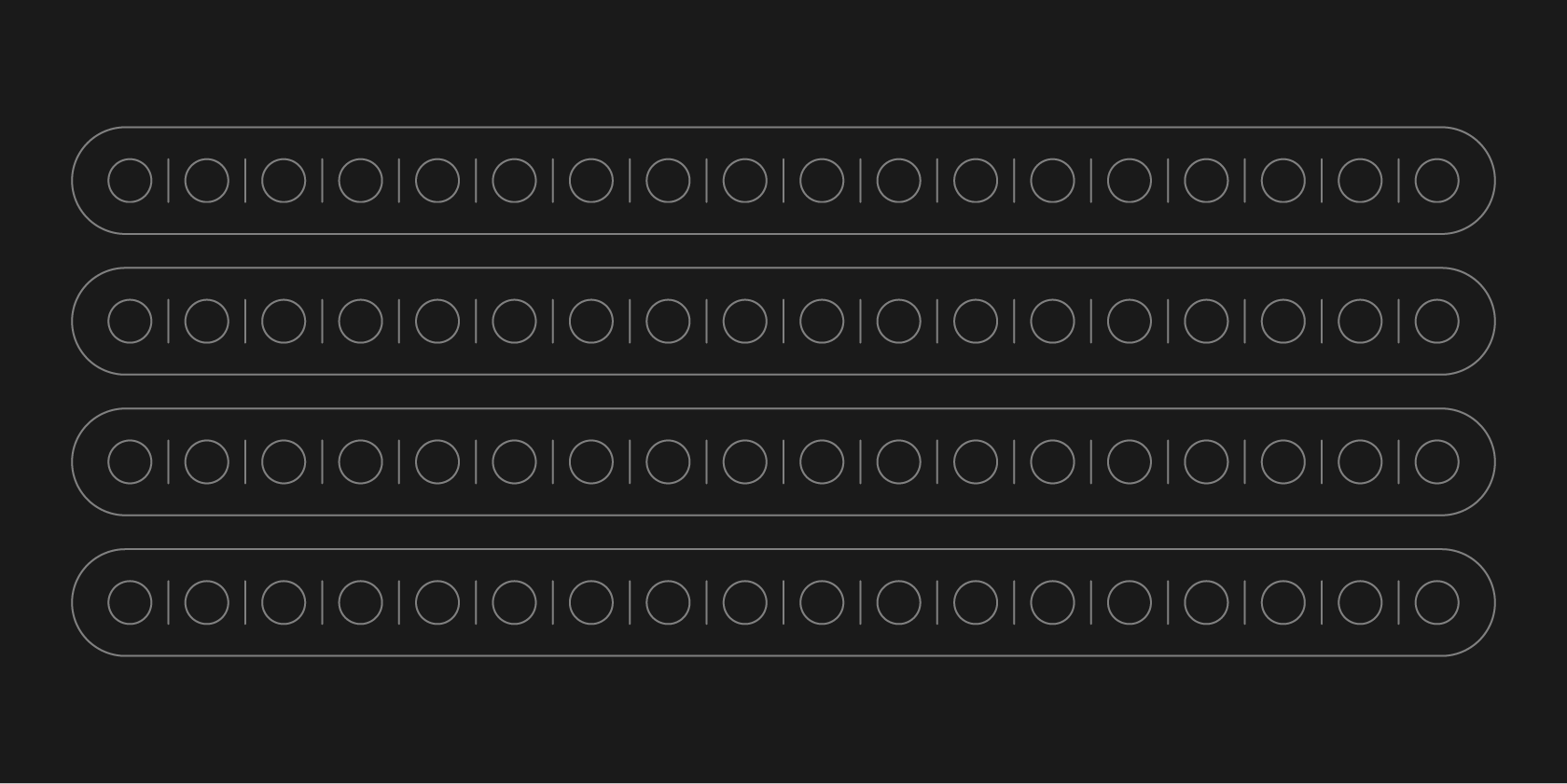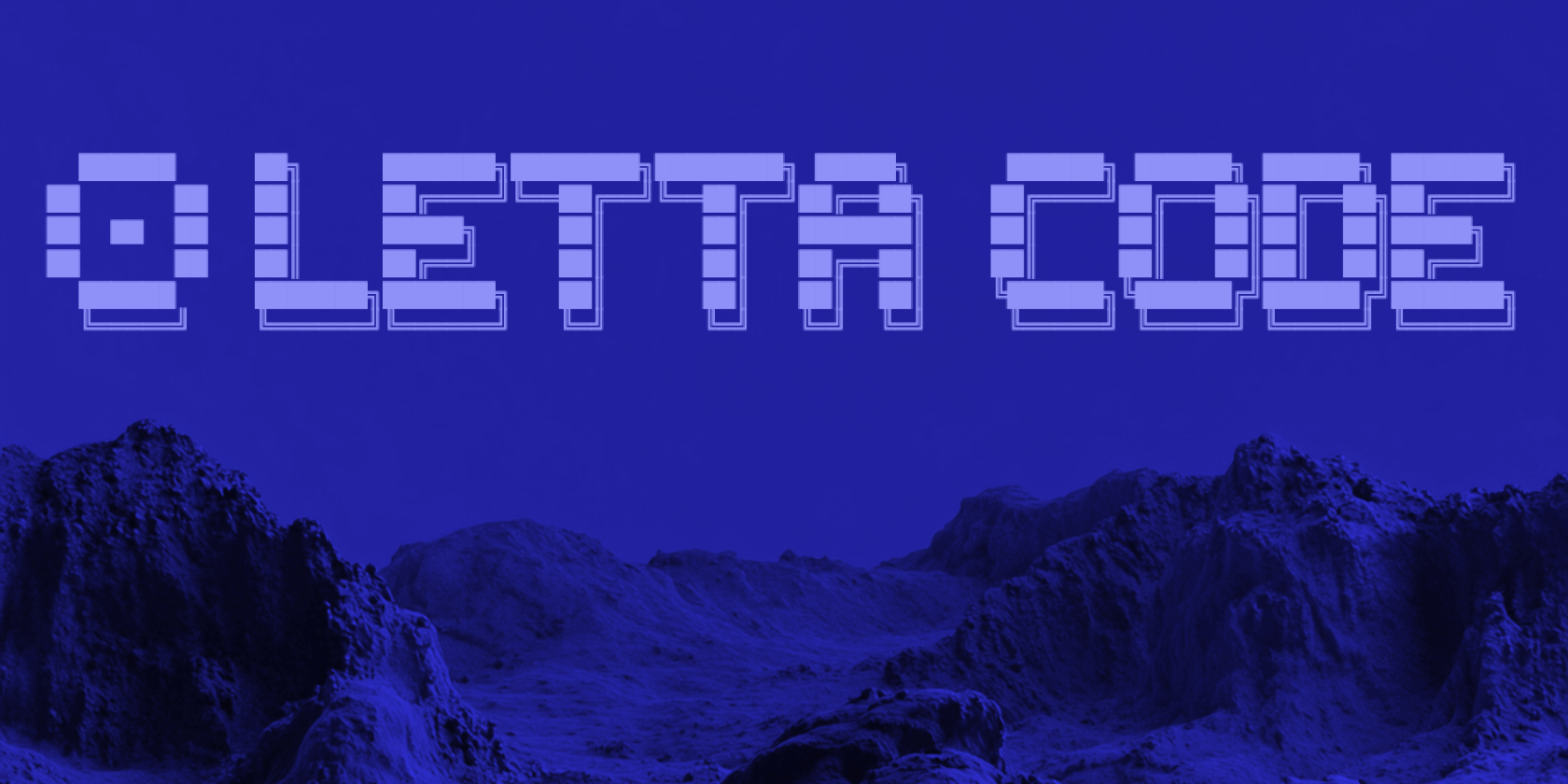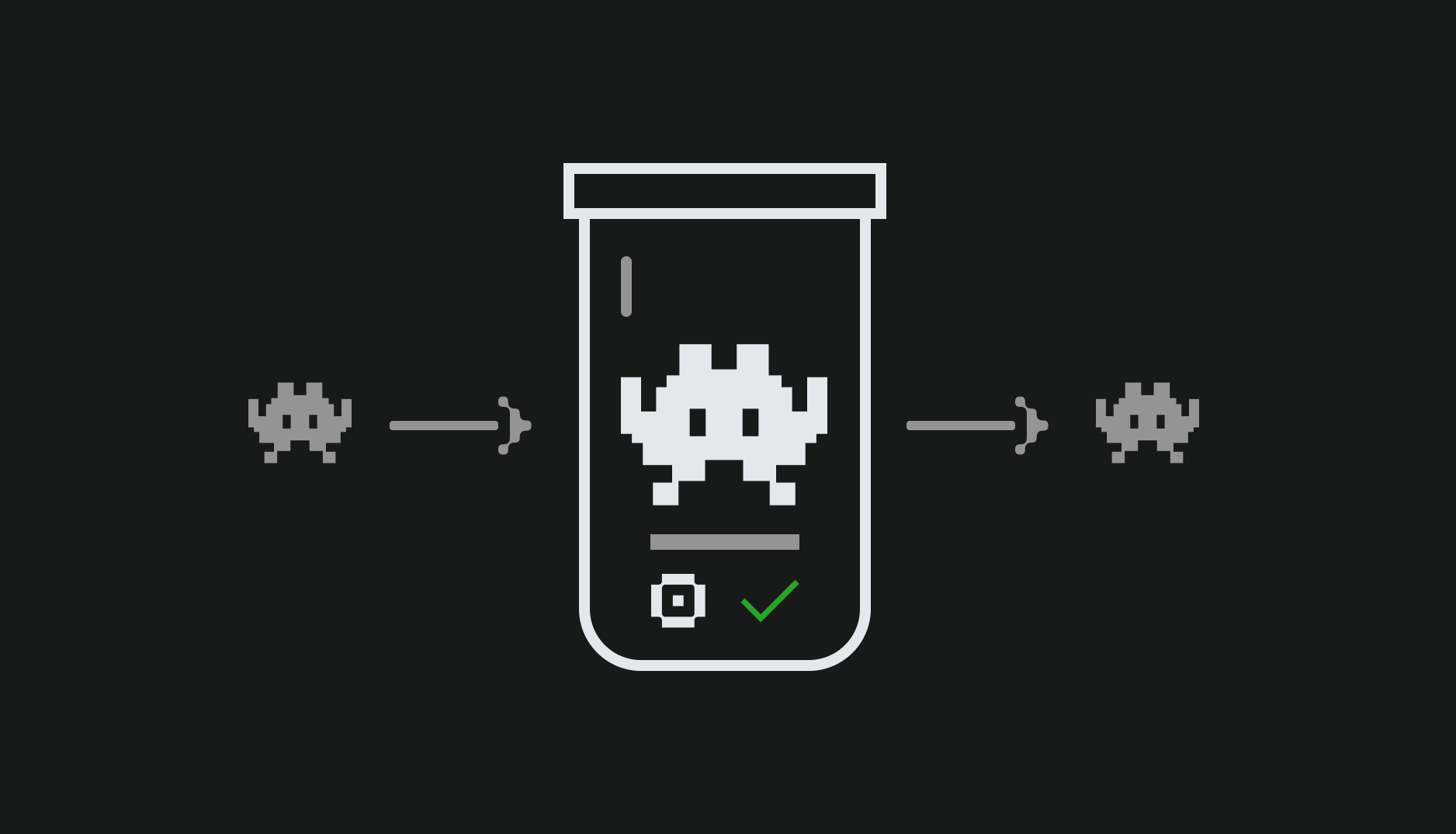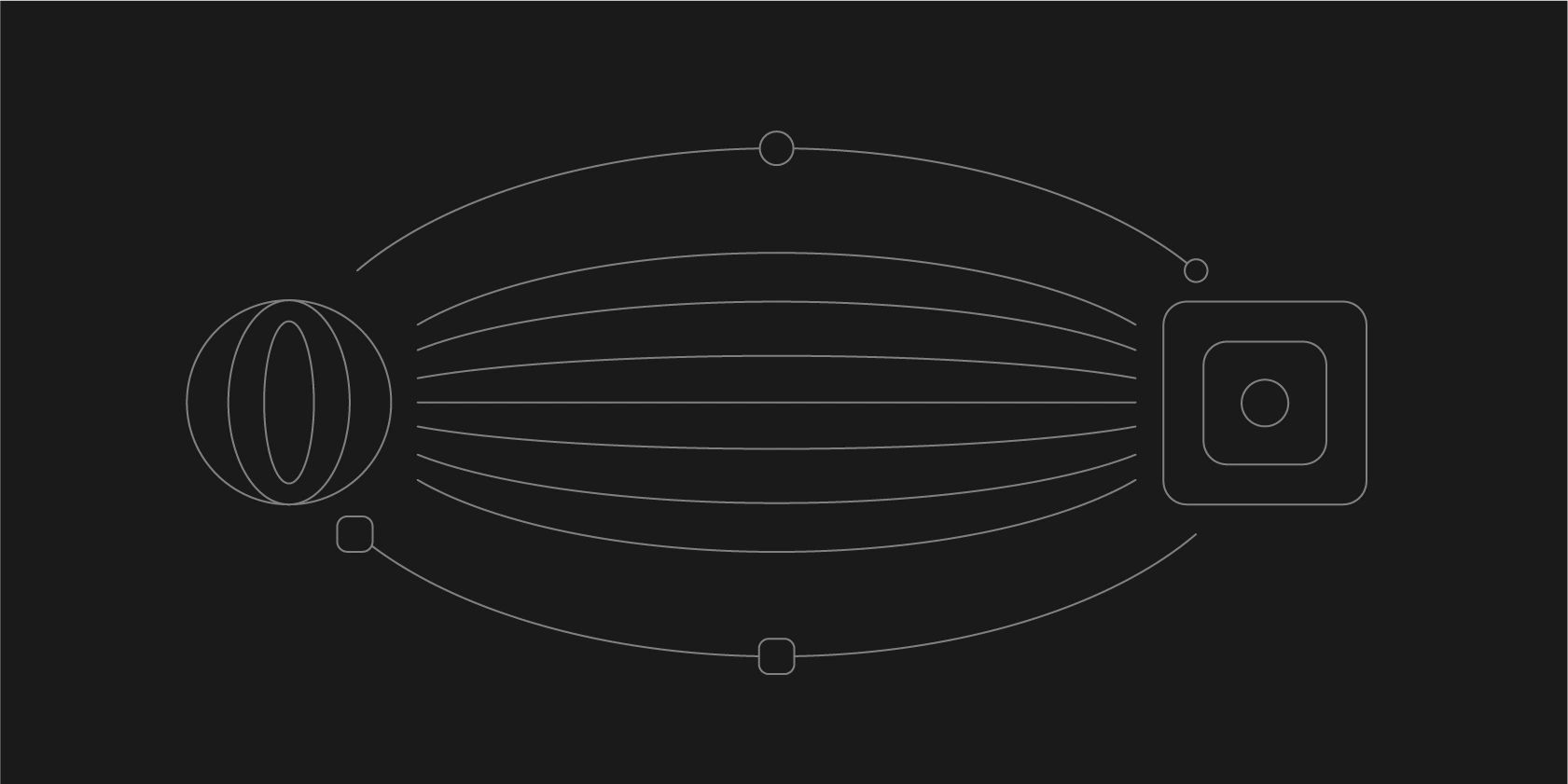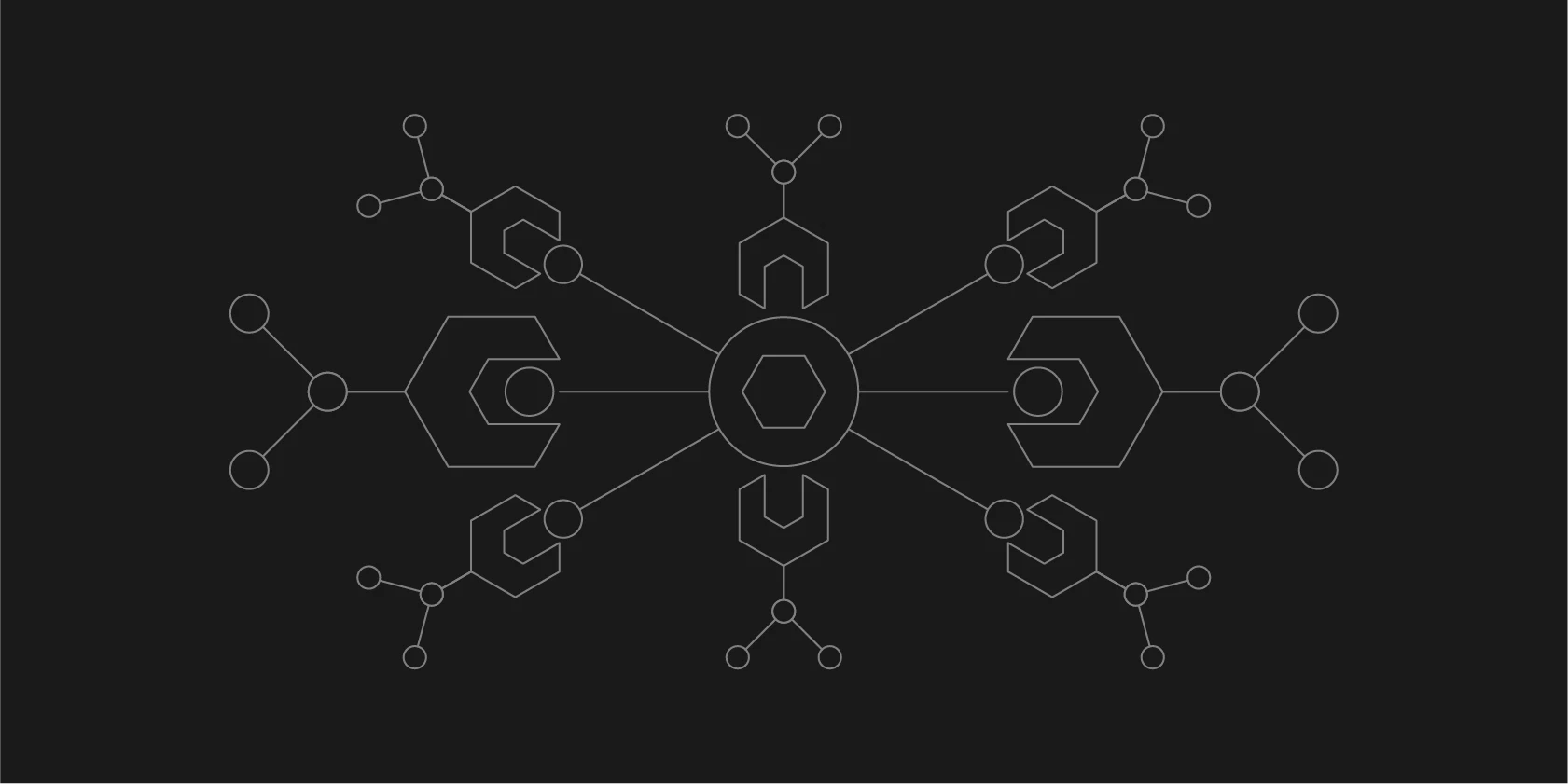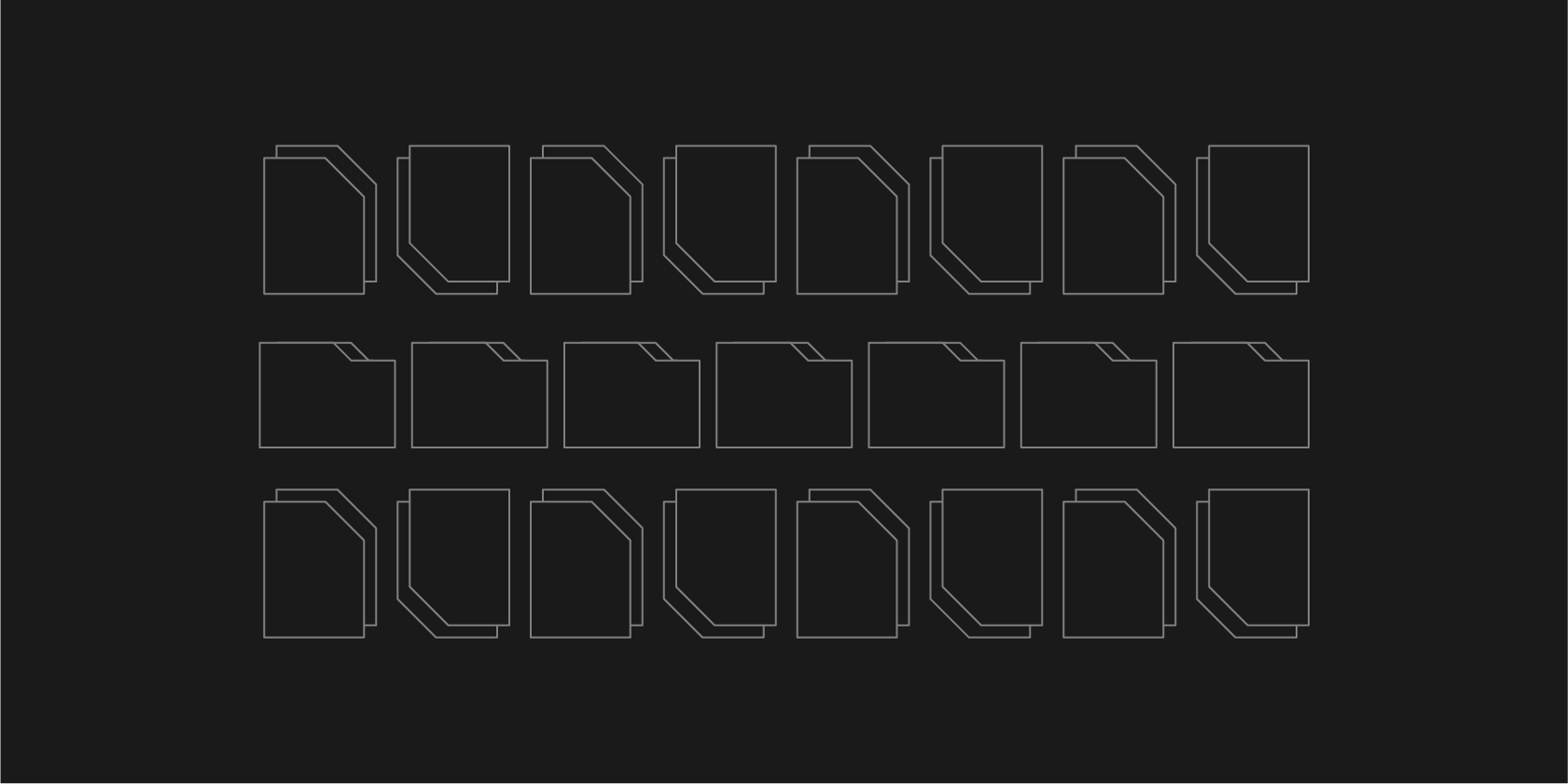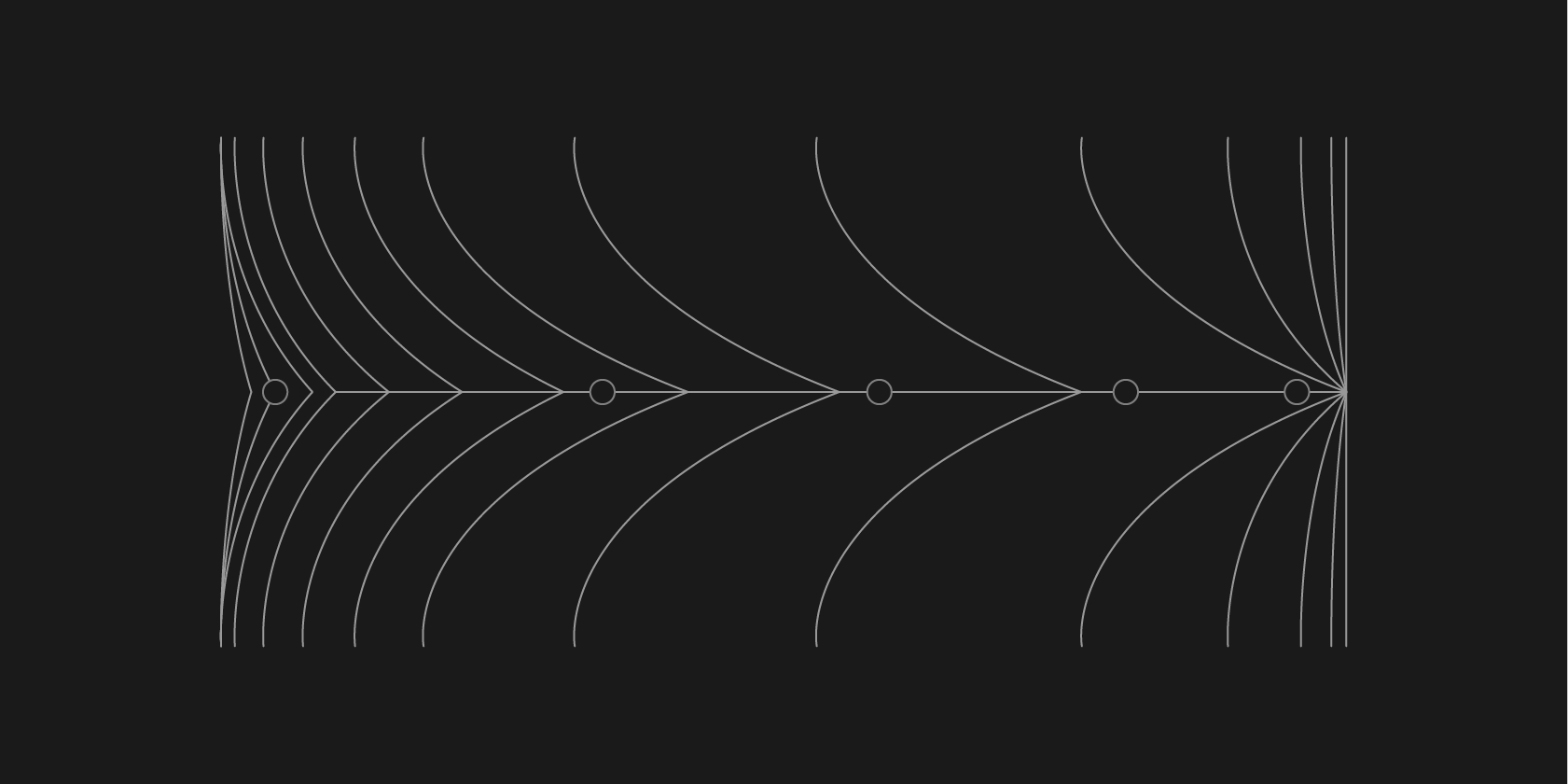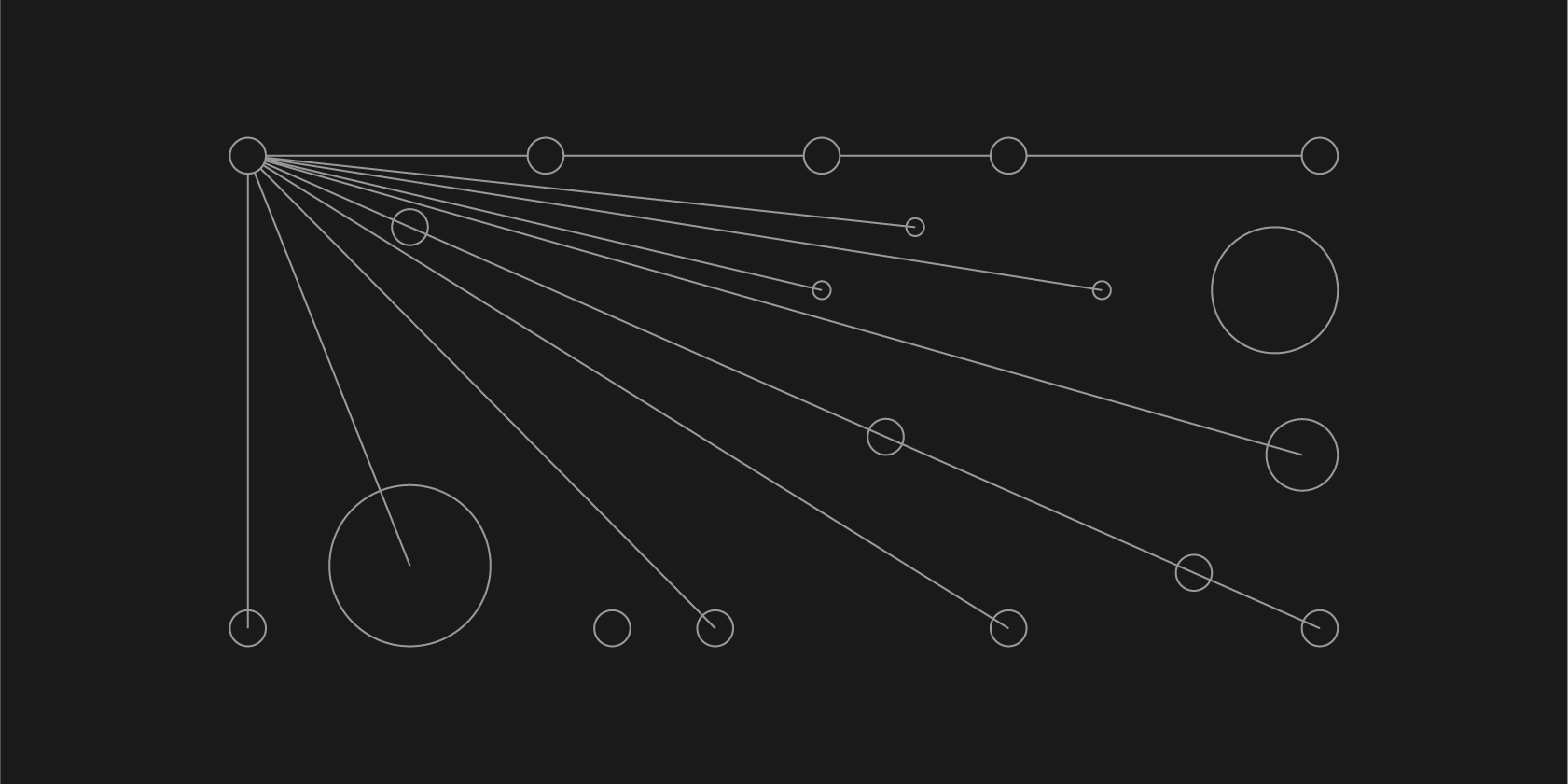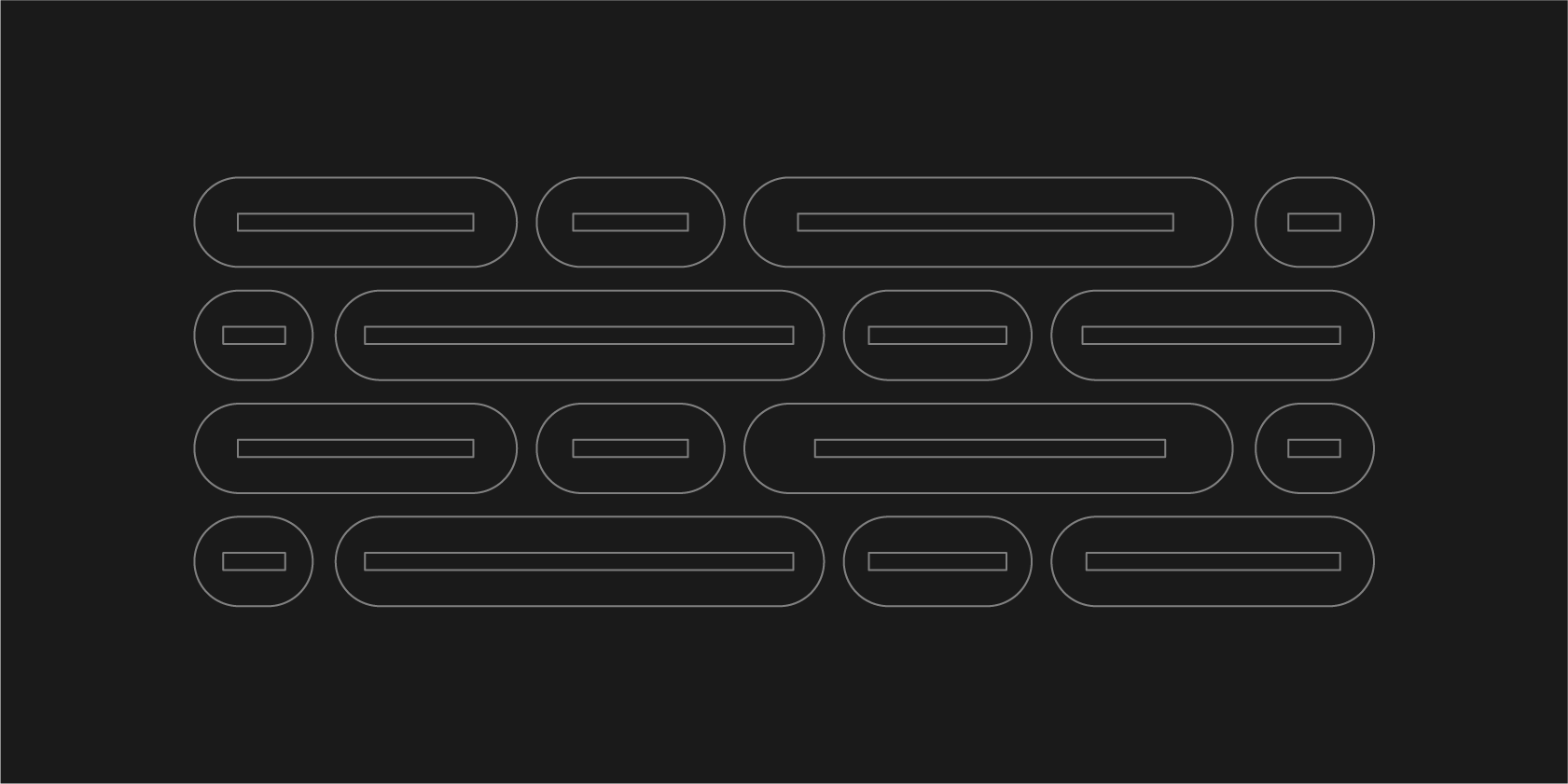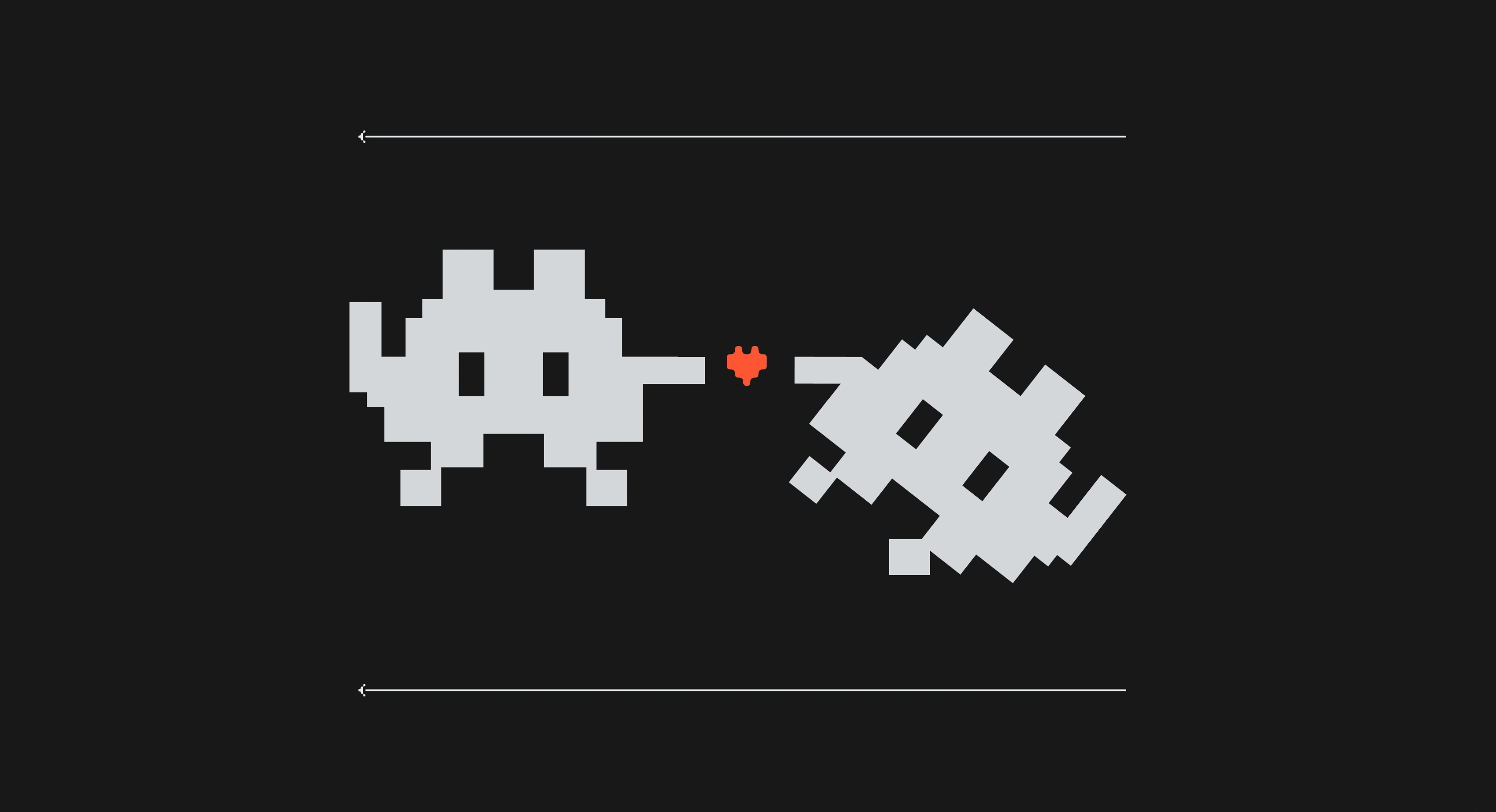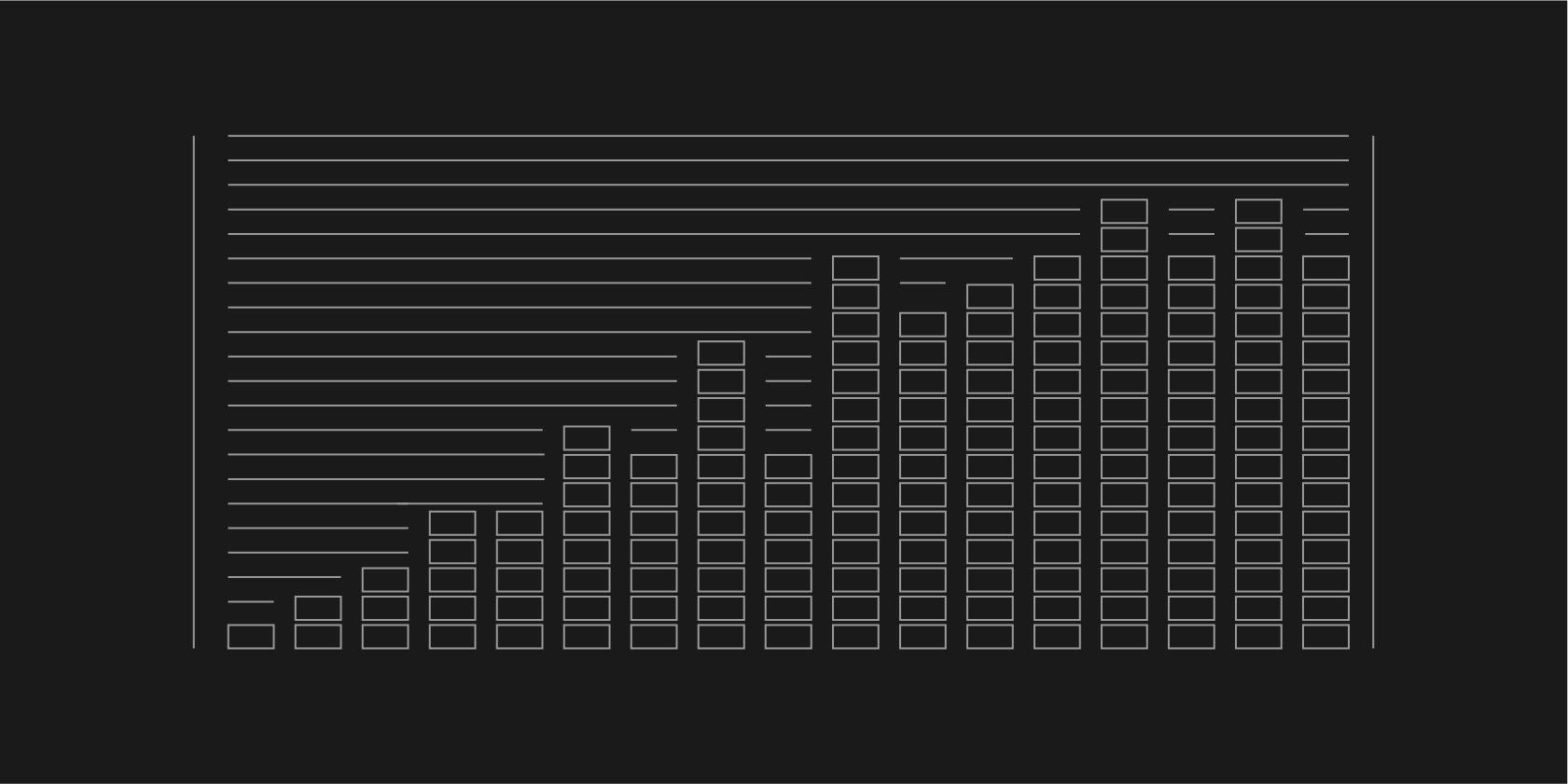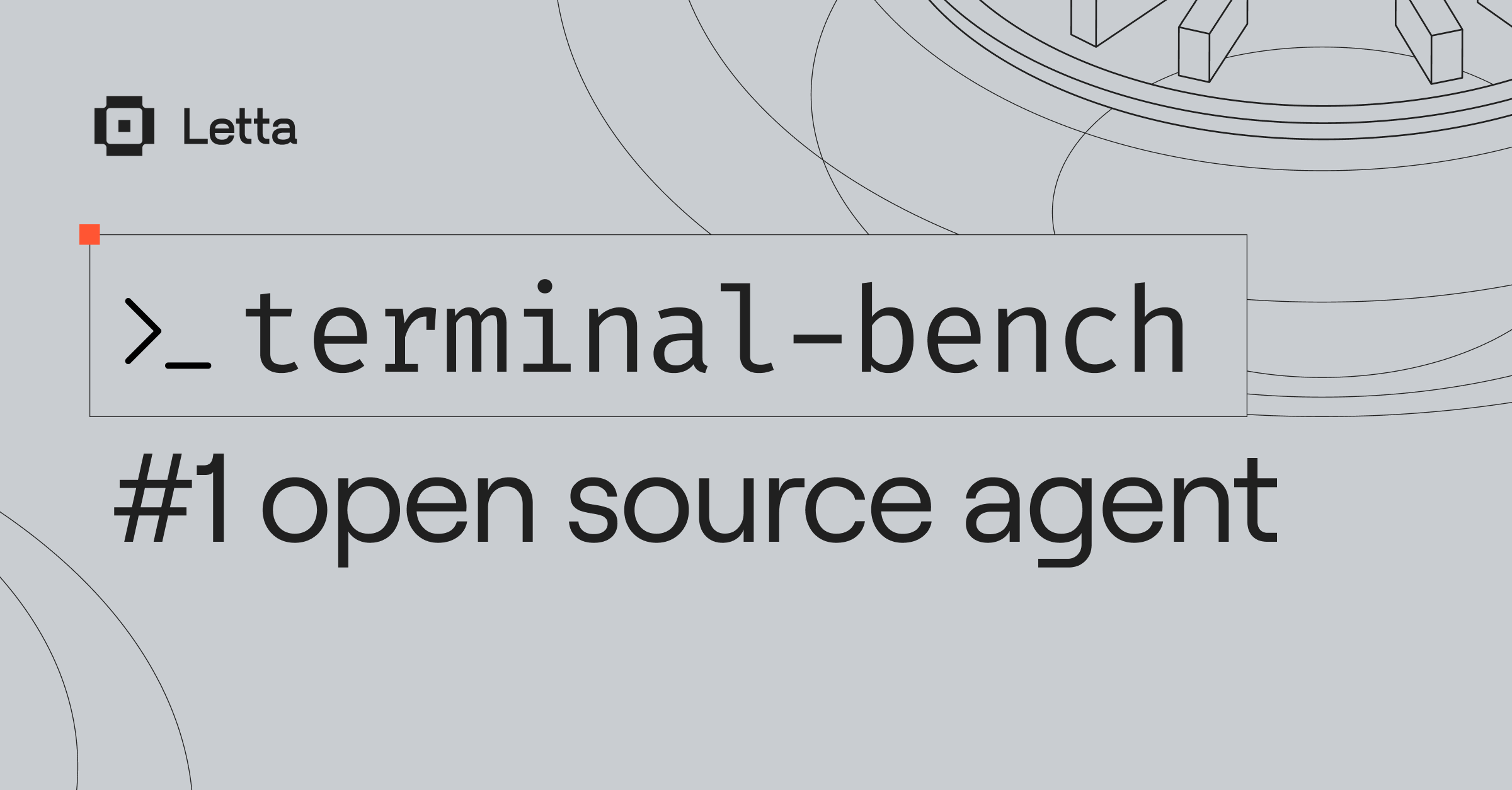Stateful Agents: The Missing Link in LLM Intelligence


Large language models possess vast knowledge, but they're trapped in an eternal present moment. While they can draw from the collected wisdom of the internet, they can't form new memories or learn from experience: beyond their weights, they are completely stateless. Every interaction starts anew, bound by the static knowledge captured in their weights. As a result, most “agents” are more akin to LLM-based workflows, rather than agents in the traditional sense.
The next major advancement in AI won't come from larger models or more training data, but from agents that can actually learn from experience. This post introduces “stateful agents”: AI systems that maintain persistent memory and actually learn during deployment, not just during training.
The Fundamental Limitation of LLMs
The only information an LLM has is what is baked into its weights, and what is in its context window. This is why most “agents” today are essentially stateless workflows: they have no way to persist interactions beyond what fits into the context window.
Why Current Memory Approaches Fall Short?
Context Pollution Most approaches to memory today rely on rudimentary retrieval mechanisms (e.g. embedding-based RAG) that pollute the context with irrelevant information. “Context pollution” from RAG-based memory is particularly problematic as it can degrade agent performance. Recently released “reasoning models” explicitly discourage developers from adding excessive in-context learning (ICL) examples or data retrieved via RAG. These newer models benefit from simpler, shorter prompts: making stuffing the context window with potentially relevant “memories” even more of an insufficient solution.
Lack of Memory Consolidation Forming memory is an iterative process: whether its reviewing lecture notes or thinking back on what we should have said during that argument, our brains spend significant energy deriving new insights from past information. Unlike us, agents don’t spend downtime reflecting on their memories.
Stateless Abstractions LLM APIs and agentic frameworks that are built around the assumption of statelessness. State is assumed to be limited to the duration of ephemeral sessions and threads, baking in the assumption that agents are and always be stateless. “Memory” in these systems is an add-on bandaid, rather than a fundamental part of the system.
What makes an agent stateful?
A stateful agent has an inherent concept of experience. Its state represents the accumulation of all past interactions, processed into meaningful memories that persist and evolve over time. This goes far beyond just having access to a message history or knowledge base. Key characteristics include:
- A persistent identity providing continuity across interactions
- Active formation and updating of memories based on experiences
- Learning via accumulating state that influences future behavior
The Technical Challenge: Context Window Management
The performance of stateful agents depends heavily on how we compile accumulated state into the limited context window. This isn't just about token fitting and prompt engineering - it's about meaningful representation of learned experience. We're seeing advances in:
Tool-based memory management allowing agents to decide what information to retrieve (e.g. MemGPT) to ensure relevant context
Agents specialized for context management Using agents themselves to manage their own context window by writing to in-context memory, or even using an external agent specialized in memory management to do this (via multi-agent)
Reasoning & inference-time compute Scaling inference time compute and reasoning allows agents to learn more effectively, as they can derive the most important insights from data which they save to context
Introducing Letta: A Framework for Stateful Agents
At Letta, we've built the first comprehensive framework for creating and deploying stateful agents.

State Architecture
Letta manages persistence of state for long running agents, including components for:
In-context memory Persistent memory blocks across LLM requests
External memory Automatic recall memory for interaction history and general-purpose archival memory storage
Multi-agent orchestration Built-in mechanisms for communication and sharing state for multi-agent
In Letta, all state (including memory blocks) is queryable via our REST API.
Automated Context Management
Letta manages the context window automatically, which is composed of:
- Read-only system prompts for core instructions
- Editable memory blocks for learned information
- Metadata about memories stored externally
- Recent messages for immediate context
- A summary of historical messages not included
Building with Stateful Agents
Building stateful agents shouldn't require managing complex memory systems. That's why we've focused on creating REST APIs purpose built for stateful agents. Developers can focus on designing their agents' capabilities while Letta manages state persistence and memory management.

The Future of AI is Stateful
The next generation of AI applications won't just access static knowledge - they'll learn continuously, form meaningful memories, and develop deeper understanding through experience. This represents a fundamental shift from treating LLMs as a component of a stateless workflow, to building agentic systems that truly learn from experience.
What This Enables
- Personalized interactions that improve over time
- Agents that learn from feedback and adjust behavior
- Long-term relationship building between users and agents
- Continuous improvement without retraining
Getting Started with Stateful Agents
You can get started with Letta today with the Letta API and Letta Code. We highly recommend joining our Discord to learn about what models work best for agents and getting agent building tips!








